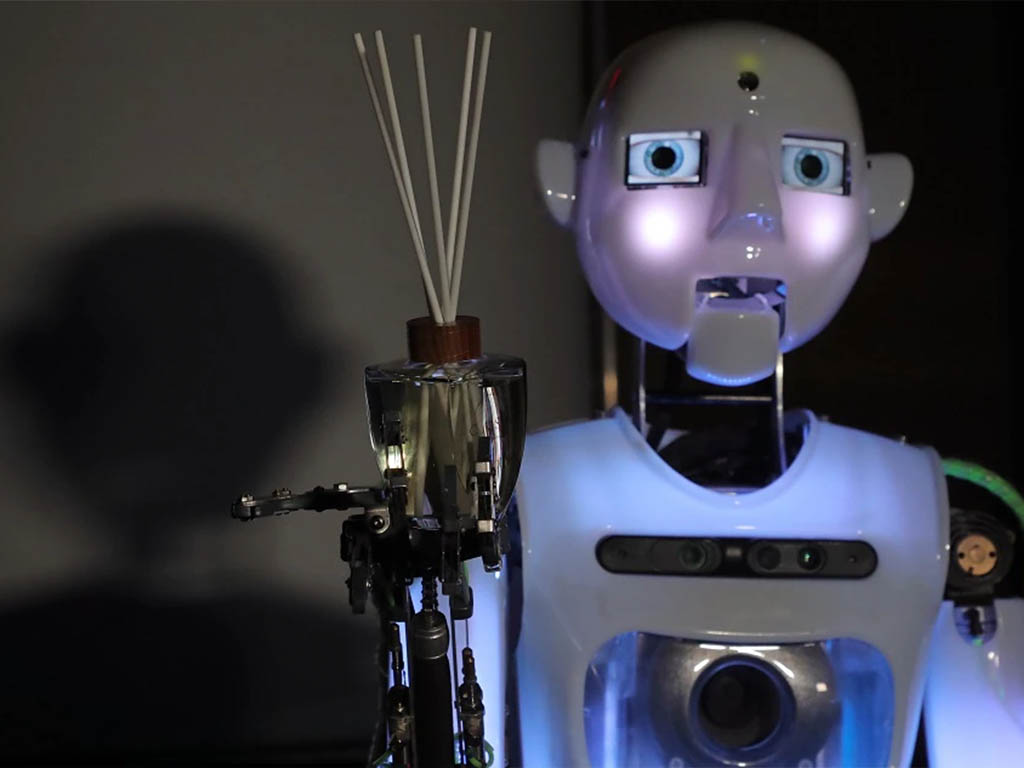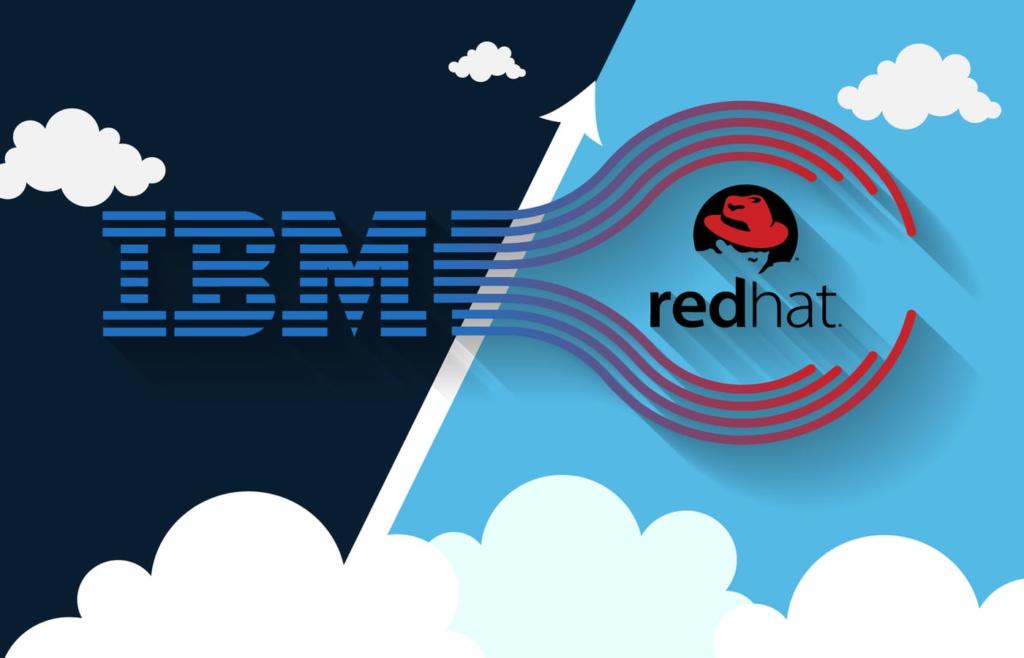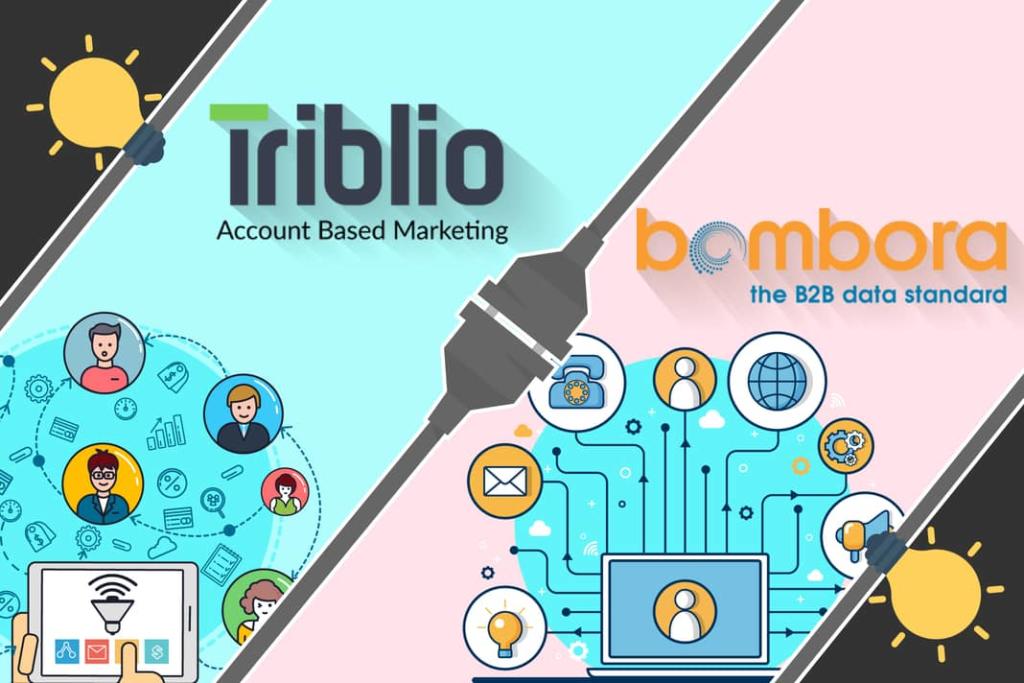Artists’ Battle Against Unregulated AI
This article explores the debate between artists battle tech companies on the potential dangers of unregulated artificial intelligence (AI).

2nd Aug, 2023, New Jersey: The use of artificial intelligence (AI) to generate content has raised significant concerns among artists who find their artwork being exploited without their knowledge or consent. Kelly McKernan, a watercolor and acrylic illustrator from Tennessee, was shocked to discover that her artwork had been used to train an AI system when she came across a website called “Have I Been Trained.” This website searches for a data set called LAION, which feeds various AI image generators, including Stable Diffusion.
McKernan was distressed to find over 50 of her pieces of artwork uploaded on LAION. This revelation changed her relationship with her own creations, as they now had a new context and meaning. Artists like her feel violated and disheartened by the fact that their work can be exploited for commercial purposes without their knowledge, consent, or compensation.
To fight back against this exploitative trend, Kelly McKernan, along with cartoonist Sarah Anderson and illustrator Karla Ortiz, filed a lawsuit against Stability AI, the company responsible for Stable Diffusion, Midjourney, and DeviantArt, an online art community with its own AI generator called DreamUp. This lawsuit joins a growing number of legal actions taken against AI firms regarding copyright issues.
Eva Toorenent, an artist specializing in creature design, monster, and fantasy illustrations, shares similar concerns. After attending a gallery and noticing a piece of art with similarities to her own, which she describes as a “corrupted version,” she decided to take action. She joined forces with five other artists to establish the European Guild of Artificial Intelligence Regulation. Their aim is to advocate for legislation and regulation to safeguard copyright holders and artists from predatory AI companies.
The artists’ demands for more regulation and protection are not unfounded. The current copyright framework often falls short in addressing the challenges posed by generative AI. Artists might receive a one-time payment for their work, while the AI model that uses it can replicate and reuse the art countless times without any financial benefit to the creator. Organizations like Equity, a performing arts and entertainment union, recognize the threat AI poses to artists and are pushing for updates to the Copyright Act to address these disparities.
The EU has been at the forefront of responding to these AI challenges, with the EU AI Act proposing that AI tools must disclose any copyrighted material used in their training data. In the UK, a global summit on AI safety is set to take place to further address the issues related to AI and copyright.
While artists await legislative action, some have taken matters into their own hands. Getty Images, for example, has watermarked its images to track their usage even in AI-generated content. This allows them to monitor how their artwork is being employed by AI models. Additionally, a free software tool called Glaze has been developed by Ben Zhao and his team at the University of Chicago to help protect artists from AI models. Glaze alters images in a way that AI models perceive inaccurately, rendering their mimicry useless and off-putting.
Despite initial fears and challenges, artists are hopeful that public opinion is shifting in their favor. With artists uniting and gaining support from various networks, they believe they are moving in the right direction towards achieving better protection for their creative work and fair compensation for their contributions. The battle against unregulated AI and the need for copyright protection continues, with artists and industry professionals pushing for a more equitable future in the world of artificial intelligence.



